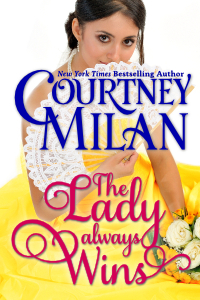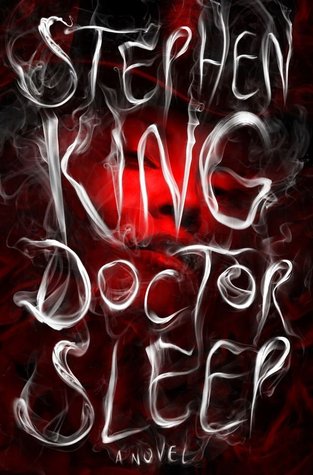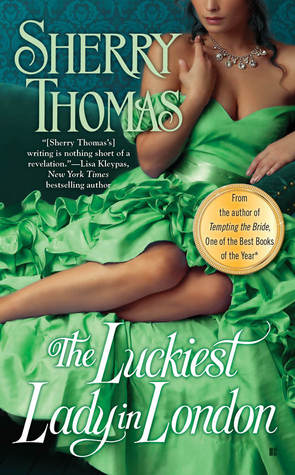Is it knowing 'will this be all done and dusted in one book, or do I do a series'?
Certainly, that last point seems to be 'hot' these days, but we should not do a trilogy for trilogy's sake.
Is the most difficult thing, actually getting that first draft done? I would suggest that it is.
For me, with fiction, I went all out for a full length novel.
I created a first draft within seven months of the start. I re-drafted the first three chapters several times, and sent them to many agents. I re-drafted that first draft a further six times, totalling seven drafts in all.
I was born at 7am on the 7th July, 1973. So I take seven as a lucky number, but if the book needed an eighth draft, be sure I would have done it.
The completion of the first draft is hard won. You feel victorious, even though you know that the first draft is in no way good enough for the wider world.
But I need to tell you how I reached this goal in the first place. What writing goals did I set myself, and how did I achieve them?
Well. The starting point was....to start! Nothing revolutionary in itself, but I had the basic idea for the story down. I had a start, a middle, an end. I knew what the characters would do in the story, what their motivations were, and the world in which they operated.
However, over the course of 90,000 words, a lot happens. It needs to, in order to hold the reader's attention.
The story was a paranormal horror / fantasy, so atmosphere was key, and so a fast start wasn't necessary. But I built it in nonetheless.
I wrote the story in first person. I wanted people to feel what that character felt, when she felt it.
This doesn't work for everyone, or every book. It's a hard decision. But for this story, it was the right one.
Working for myself, I need discipline. But I would be lying if I said I got onto the computer at 7am each day and wrote for ten hours. It doesn't work like that for me.
I simply wrote when I could. Sometimes, the noise from neighbours with their constant house improvement projects threatened to derail the whole project.
Through all the annoyance, I stayed true to one thing - that this book simply had to happen.
I had a Word document in which I kept chapter notes, character details, and crucially for goal busting, a list of how many words I had written, on what date, how many achieved, and so on.
I also had an Excel document called book projects. For this story, I set the target at 80,000 words, and had all the cells formulated to show how many I had left to type. Imagine how I felt to blow the 80,000 word min away!
So you have to start, so you can begin hacking it down. Sometimes, I did a few hundred words. On other days, several thousand. When you get your groove, you can fly and you don't want to do anything else.
This can cause issues with your family life, but make it clear that you love them, want to be with them - and you will - but that this is important to you. Only another writer, indeed another reader, will know what you mean.
In short, I would:-
- Decide what length your book is (novella or full length)
- Clearly map out the start, middle and end
- Have detailed notes on each character - ask yourself what YOU would want to know about them as a reader
- Give each character a voice (have you read books where all the characters sound alike? Make each one stand out!)
- Build the world the characters live in, and don't skimp on the small details
- Not force a trilogy if there is not enough story. If one book will do, make it so
- Set a deadline for the finish of the first draft
- Re-draft the story for at least the amount of time the first draft took you to write
- Send out feelers to agents
- Seek editorial advice - professional
- Seek (but do not take to heart) - advice from friends and family
- Always believe in yourself. You can and you will do this. For you. Not for glory! Just for you.
- Enjoy the experience. Writing should be fun, regardless of the story content. Make it fun for you.
Happy writing!













